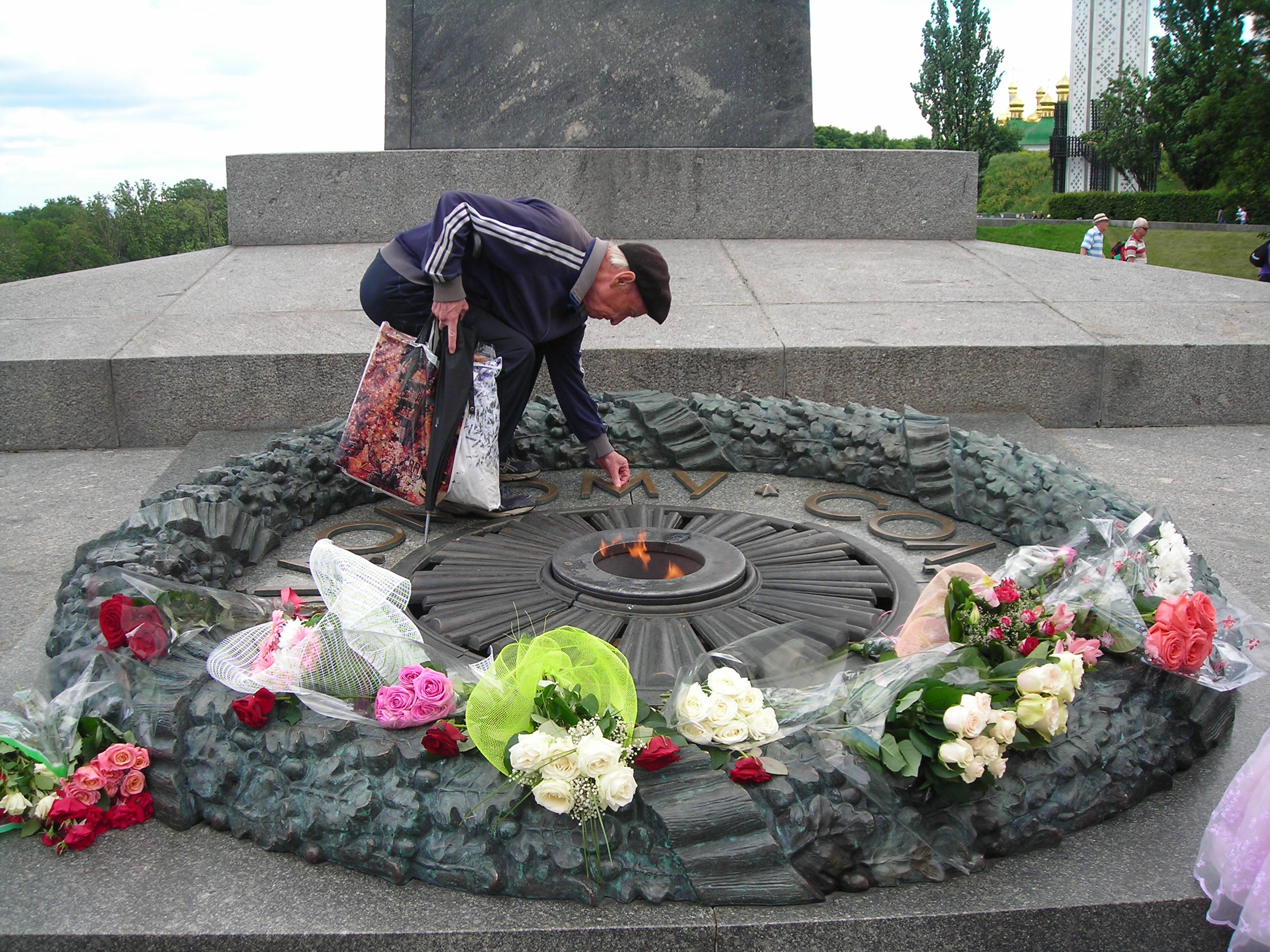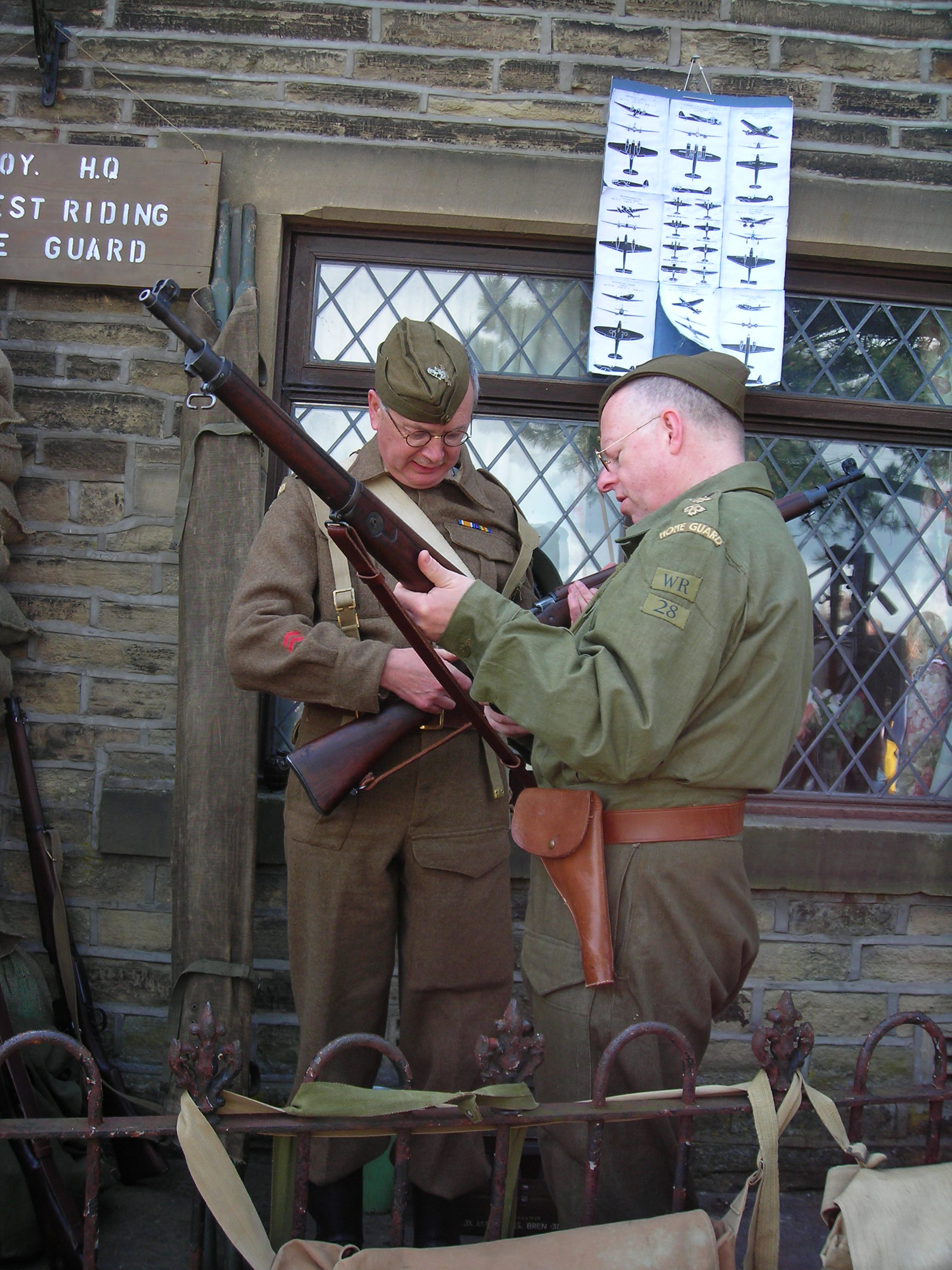'The Road to Liberation' 1945 - authors' inspiration - by Alex Marchant
This week has seen the 75th anniversary of Victory in Europe Day (VE Day) on 8 May and also the annual Europe Day on the 9th, a celebration of all the years of peace in the heart of the continent. As part of the commemoration of those six years of World War II that came to an end in May of 1945, I was delighted to interview the authors of six novels brought together in a collection titled The Road to Liberation.
The authors - Marion Kummerow, Marina Osipova, Rachel Wesson, J.J. Toner, Ellie Midwood and Chrystyna Lucyk-Berger - offer a fascinating range of perspectives on that global conflict. They hail from various countries – Germany, Russia, Ireland, the USA – and their books (in the words of its blurb) ‘will transport you across countries and continents during the final days’ of the Second World War, ‘revealing the high price of freedom—and why it is still so necessary to “never forget”’.
While my own writing has focused on a far earlier era, and I was myself born a generation after VE Day, the Second World War and its lessons have always loomed large for me. My parents were both intermittent evacuees from the East End and south London and I was brought up on tales of the hardship they and their families and friends endured. My father remembers watching Battle of Britain dogfights over the Kentish hopfields. He also returned with his mother and sisters one morning from sheltering all night in a tube station to discover their family home destroyed during a night of the Blitz. His father spent four long years in the Middle East before returning months after VE Day, when finally demobbed. My mother’s father, not being fit for service overseas, was a volunteer policeman and spent nights patrolling London’s streets, helping those in distress – or helping prevent the crime that still occurred, despite legendary wartime camaraderie. Though he and my grandmother also reminisced about the good times they had, making the most of being a young couple in the city while their evacuated children weren’t around!
There are so many fascinating stories from those times, and so many lessons to learn, among them, for me, the importance of co-operation between nations and peoples in maintaining the peace that was won with so much difficulty and heartbreak. And my guests today have many stories of their own to contribute. I hope you will be interested in reading them.
I asked each of them about their inspiration for their novels, about their research, the most difficult aspects of their writing abut this period, and why people continue to be so fascinated by the Second World War, even so long after its end.
Alex: Thank you all for joining me on my Authors Electric blog today. First of all, I’d like to say what a fascinating collection of stories The Road to Liberation contains. What inspired each of you to write about World War II?
J.J. Toner: I read a book about how poorly trained the German agents were and worked out that the Abwehr (German Intelligence) was working in secret to undermine the Nazi regime throughout the war. That was enough to get me started.
Ellie Midwood: I grew up on my grandfather’s war stories. At school, I began studying it myself, collect books, documents, memorabilia. Finally, in my early twenties I began writing about it and never stopped since. World War II and the Holocaust have so many topics to write about, so many different issues to investigate, I feel I’ll never run out of material. But I guess what attracts me the most about it is human nature: resilience of regular citizens, ordinary people turning heroes overnight, strangers helping each other, soldiers sacrificing themselves for their people – it’s all incredibly fascinating and inspiring, even though, if course, it’s never an easy subject to write about. But it’s definitely worth it, if we don’t want history repeating itself.
Rachel Wesson: I can’t bear the thought of it all happening again. For us to learn from history, we must first understand it.
Marion Kummerow: It was such a pivotal time in our history that brought out the best and the worst in people. When faced with extreme circumstances, people have to reach deep inside themselves to make decisions. It’s those decisions, the way how people cope with adversity, that fascinates me.
Marina Osipova: For me, it’s personal. It runs in my blood. Growing up in the Soviet Union, I was raised in an atmosphere of respect and genuine admiration of the Soviet people who shed their blood to save my country from Nazi enslavers. As a writer, I want to tell the whole world about how my countrymen suffered and endured but came out victors. In the words of Svetlana Alexievich, the Nobel Prize winner, “They had Stalin and Gulag, but they also had the Victory.”
 |
| Soviet Second World War memorial, Kiev, Ukraine |
Chrystyna Lucyk-Berger: My family are refugees of WWII and I grew up knowing that they had barely made it out of Europe alive. I grew up in a diaspora of Ukrainian-Americans, many of whom believed they would return to the “old country” as soon as the Soviet Union collapsed. Well, that did not happen right away. By that time, the first generations of Americans were deeply entrenched, married to Americans, and living a dual life between the old and the new. I, however, always knew that I would somehow return to the “old country”. That “somehow” turned into Austria, the country where my mother was born in a displaced person’s camp, and that “somehow” was by returning to the WWII over my historical fiction.
 |
| Eternal flame, Kiev |
Alex: How many hours do you roughly spend researching each story?
J.J. Toner: Weeks and weeks, sometimes months. For Liberation Berlin, my contribution to The Road to Liberation, I probably spent a 5–6 weeks in research, closeted in my writing cave.
Ellie Midwood: I don’t usually measure my research by hours, but by research sources I use. Usually, it takes 5 to 10 books for each story (non-fiction, of course, and preferably either written by scholars or people who actually lived through the events I’m presently writing about) plus whatever additional historical material I unearth from electronic archives. I’d say, it takes weeks, sometimes months, but to me historical accuracy is everything, so I don’t mind doing it at all.
Rachel Wesson: Depends on the story but usually about a hundred or so hours. More if I really enjoy the topic and end up down a research rabbit hole!
Marion Kummerow: Lots. I spend hours researching the most mundane details, and then don’t use them in my story.
But I go to great length to make my stories historically accurate. I even bought an “archive subscription” to a communist newspaper for my new series Berlin Fractured, which takes place during the Berlin Airlift right after WWII.
 |
| Replica Spitfire - not used in the Berlin airlift! |
Marina Osipova: To be as close as possible to the truthfulness of the events depicted in my books, in hours’ equivalent, it can take weeks for me.
Chrystyna Lucyk-Berger: I think the calculation must begin with months. Magda’s Mark began as a short story and I needed four weeks for that first version, which now brings readers to the middle of the novel. I needed another two months and a trip to Litomerice, where my novel takes place, plus another four weeks, to finish it.
I’ve learned to discipline myself but let’s take the example of the scene where Magda is learning to dry shoot. It took me three hours to get that scene right. I knew well enough that the partisans had no bullets to spare, so how else could a woman learn to shoot a gun? And that’s just one itty-bitty scene… I’ve spent an entire day trying to find the right kind of movie camera that one of my characters uses in another book, and which takes place in 1938. It meant also watching YouTube videos about how to load the camera and what kind of film it was and everything. And although that camera will play an important role for her later in the book, the scene I needed to write was no more than four sentences at the time…
 |
| Litomerice, Czech Republic. Source: Wikipedia |
Alex: What is the most difficult aspect of writing fiction set in World War II?
J.J. Toner: I write spy and adventure stories; for me, the most difficult aspect is avoiding the horrors, the holocaust, SA brutality, Gestapo torture, rapes, gratuitous waste of the lives of innocents, the unconscionable devastation inflicted by the Nazis on families, communities, countries and whole races – including the German people. I try not to disregard these unpleasant facts but refer to them in my writing without going into too much detail.
Ellie Midwood: The emotional one, I’d say. I felt it especially deeply when I was writing about the Holocaust – you get so involved with your characters and you live through those horrifying times and events along with them, it starts getting to you and puts you in a dark place, emotionally. Usually, after finishing a Holocaust book, I need at least a few weeks to mentally recover before I can start writing again. That’s actually the reason why I always take breaks between writing Holocaust novels – it’s just too tough psychologically.
Rachel Wesson: Remaining true to historical fact while still writing a story readers will enjoy. There was so much horror perpetrated by both sides, you have to make a judgement how much information to include in the story. You don’t want to minimize the suffering but you don’t want to glorify it either.
 |
| Commonwealth war grave cemetery, Normandy, France |
Marion Kummerow: For me it’s the emotional drain. I have to immerse myself into my character to see the world with their eyes, and given the topics of my books, this is exhausting. In Stolen Childhood, my contribution to The Road to Liberation, I’m writing partly from the point of view of a 4-year-old girl. Since I have a daughter about that age myself, I was more than a bit challenging to imagine what my heroine Mindel had to go through.
Marina Osipova: Accuracy. An extremely difficult task. In the ocean of information, it’s difficult and comes with enormous responsibility. Especially in the last years when more and more records that had previously been hidden from the public and scholars get declassified (and this is true of the Russian archives).
Chrystyna Lucyk-Berger: Not offending anyone. That’s my short answer. With Magda’s Mark, I’ve tackled a tough subject: a young woman, and a gentile on top of that, who is chosen by the Jewish family to be their son’s sandek during the bris (the circumcision in this case). I ran the story by four Jewish people to make sure it was not only accurately described but that Magda being chosen for this important role was plausible. I got the thumbs-ups and go-aheads but not without the raised eyebrow or two…
Alex: Why do you think World War II fiction continues to be such a popular genre?
J.J. Toner: It’s not really a single genre. For some readers, I suppose there’s a morbid fascination in the horrors; others enjoy tales of romance set in difficult and trying circumstances; there are military-heads who like to read about battles and weaponry; for my readers, WWII fiction provides an ideal setting for the thrill of danger, the suspense and intrigue of espionage.
Ellie Midwood: Because now that so many archives are open, more and more stories that were never told continue to resurface, and particularly because all these documents are now available online. Another factor, in my personal opinion, is that from the black-and-white type of stories (us vs. them, like it used to be just after the end of the war), more and more “grey,” complex stories keep resurfacing that make people reevaluate the events of the past, ask certain questions anew, wonder what moved people to act the way they did on both sides, question the motives of certain world leaders and weigh their consequences. There’s just so much to this genre that it’s impossible to run out of subjects to investigate, at least in my eyes. It looks like that our readers share this opinion, which is, of course, absolutely amazing. The more we learn from history, the higher the chances that we won’t repeat our mistakes again. That’s the reason why we’re so grateful that people keep reading our stories.
Rachel Wesson: I think many of us have first degree relatives who lived through those years. We may have grown up with their stories or in my case, listened with only half an ear and now they cannot tell me, I want to know more.
Marion Kummerow: Personally, I think, it’s now long enough in the past to actually become “history”. Most survivors and eye witnesses have passed and the next generations have finally overcome the global trauma WWII presented and are ready “to talk about that” again.
Marina Osipova: I think it’s personal for every reader. Some want to preserve the memory of family members who took part in or lived through WWII. Others, understanding that the modern situation in the world is unsustainable and explosive and, in some aspects, reminiscent of the time before WWII, (perhaps subconsciously) try to find an answer in the past to what is now happening here. Can the story repeat itself? In another new form.
 |
| The Home Guard. Re--enactors at Haworth's annual 1940s weekend, keeping memories of WWII alive. |
Chrystyna Lucyk-Berger: Because we still have living relatives or people we know who were directly impacted by it, and though it is a disappearing generation, we are still deeply connected to it. We’d like to believe we’d learned a life-long lesson and we have. A life-long lesson. But even now, I see that younger generations are not as moved by it or cannot relate to it. I see interviews with WWII survivors who express horror over the exponential growth of more extreme right-wing groups. “Wake up!” they say. And to whom? Who is really listening? That’s why I write, in hope of keeping that relationship to our history alive.
WWII is also the great allegorical tale, the good vs evil was so clearly drawn and yet, and this is where it gets juicy and something I tackle in Magda’s Mark, it wasn’t really all so clear cut. We’re discovering, ever more, the three-dimensional sides to the stories. Authors are writing about different perspectives that make us stop and think, “Aha, it wasn’t all black and white. It wasn’t all about the good guys vs the bad guys.” My husband, just the other day, was listening to an interview about how American enterprises thoroughly benefited from Hitler’s regime and that was one of the reasons they did not take up arms against him in the beginning. War – hey, folks, are you listening? – is the greatest economic enterprise! Where there is war, there is a bloody trail of money…!
This is the kind of stuff that makes my blood boil and makes me want to write these stories… there were no clear lines about who was “good” and who was “bad”. Take down a notch, take it to the personal level, and we as authors can reveal the complexities involved. We still have enough access to those personal stories and that’s what I think hist fic authors of this genre try to bring to life; the individual impacts made make it that much more relevant.
Alex: Many thanks to you all for answering my questions today, and to Mary Anne Yarde for arranging the interviews. Every success with the book!
The Road to Liberation: Trials and Triumphs of WWII: A Collection
By Marion Kummerow, Marina Osipova, Rachel Wesson, JJ Toner, Ellie Midwood, and Chrystyna Lucyk-Berger
Stolen Childhood by Marion Kummerow
The Aftermath by Ellie Midwood
When’s Mummy coming? by Rachel Wesson
Too Many Wolves in the Local Woods by Marina Osipova
Liberation Berlin by J.J. Toner
Magda’s Mark by Chrystyna Lucyk-Berger
The book is available at:
Alex Marchant is author of two books telling the story of the real King Richard III for children aged 10+, The Order of the White Boar and The King’s Man, and editor of Grant Me the Carving of My Name and Right Trusty and Well Beloved…, two anthologies of short fiction inspired by the king, sold in support of Scoliosis Association UK (SAUK).
Alex’s books can be found on Amazon at:
Instagram: AlexMarchantAuthor


Comments
Thanks for this very informative post and for hosting an interview with the authors. I have to echo Umberto. The entitlement of current 'Covidiots' is embarrassing beyond comprehension.
For them, there is no connection to history and the sacrifices made by previous generations.
As a result, they have learned nothing.
Hope you are staying safe and healthy, eden